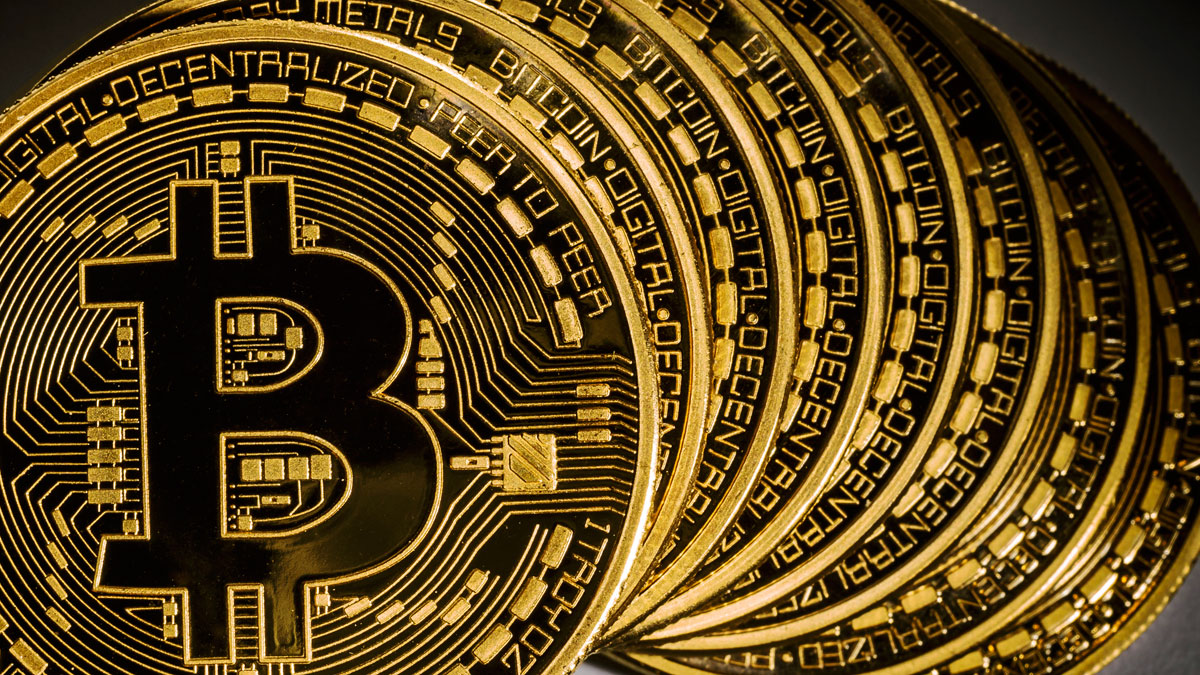CBI Governor Urges Caution on Bitcoin Trade

EghtesadOnline: The Central Bank of Iran's governor, in his first public comments on Bitcoin, has urged Iranian investors to exercise caution in trading the popular cryptocurrency.
"CBI is also striving to bring about relative security to [the trade of Bitcoin]," Valiollah Seif was also quoted as saying by IBENA.
As the newfangled digital currency has taken the world by surprise, Iranian traders have also taken a liking toward it, but the lack of an official stance and the novelty of the issue have made it a risky choice, with many waiting for guidelines from the regulator.
Iranian officials, who first reacted cautiously to the phenomenon, have now grown more receptive to the idea of a digital currency that can potentially be used to replace the US dollar. Iran is barred from using the US financial system due to sanctions dating back to the country' nuclear program, according to Financial Tribune.
Nasser Hakimi, the head of CBI’s Innovative Technologies Department, had earlier asked investors to be wary of risky Bitcoin investments.
"Because Bitcoin and other cryptocurrencies have not been introduced by the CBI as official currencies and in light of the high risk and speculative activities associated with their purchase, we ask investors and the public to enter this field with increased caution because they could lose their money," he said.
Hakimi added that mechanisms of control and supervision over the supply of cryptocurrencies are being implemented in collaboration with the central bank and other related entities.
It was also revealed this month that Majlis Economic Commission is to hold a top-level multilateral meeting to discuss Bitcoin in the coming days.
The price of Bitcoin has doubled four times this year. In early January, one Bitcoin was worth about $1,000. By May, it hit $2,000. In June, it breached $4,000. By Thanksgiving, it was $8,000. Two weeks later, it was $16,000.
Regulators around the world are taking notice of the virtual currency, concerned that beside the explosion of legitimate investment in digital currencies lurks a great deal of old-fashioned consumer fraud, market manipulation and false advertising.


